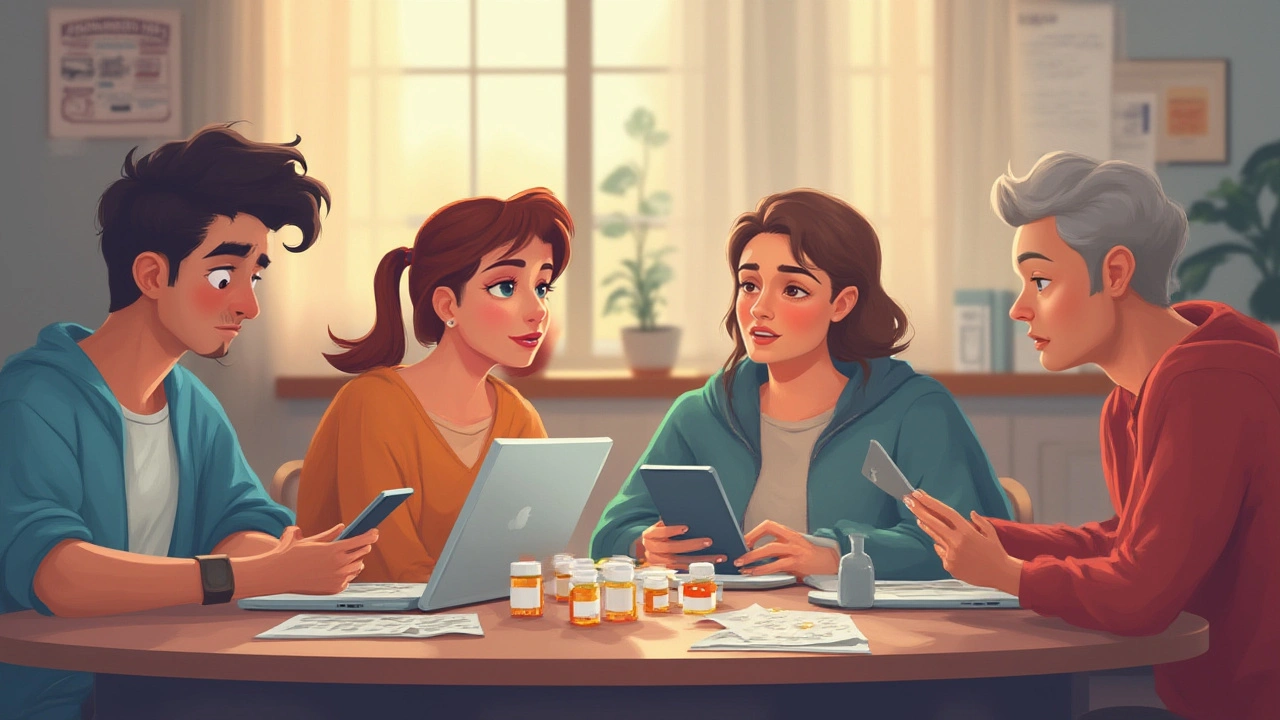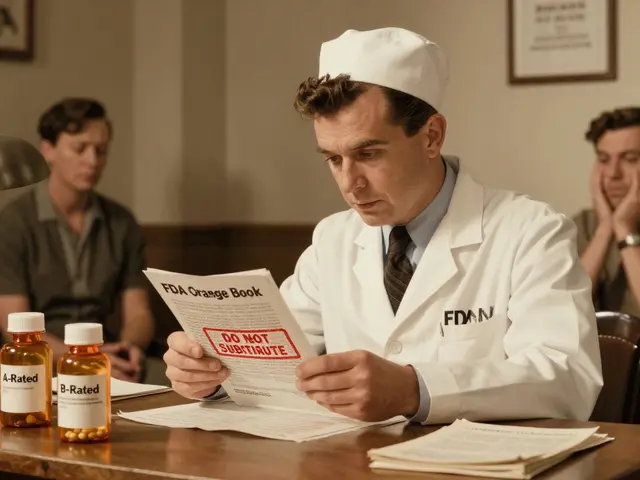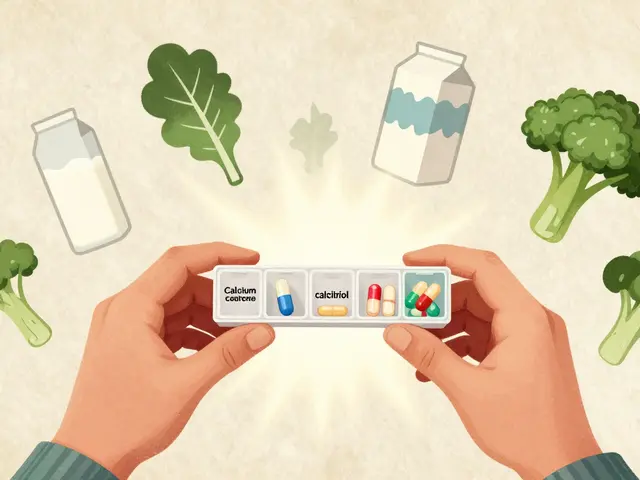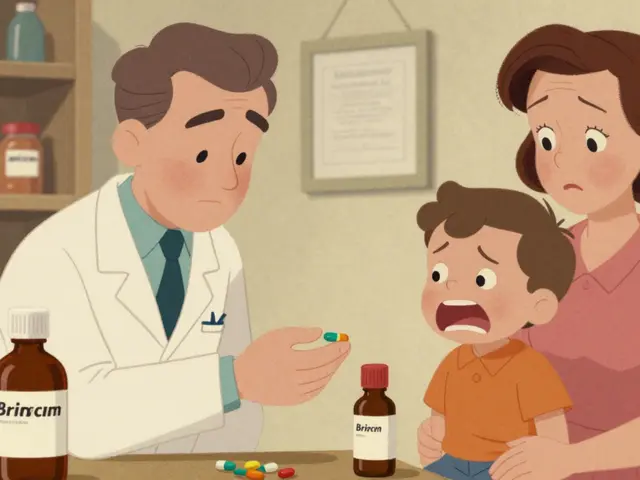Pharmacy Safety: Simple Tips for Buying Meds Online Without the Headaches
Thinking about ordering prescription drugs or supplements from the internet? You’re not alone—more people are turning to online pharmacies for convenience and lower prices. But the web is also full of shady sites that sell counterfeit pills or steal your data. The good news is you don’t need a pharmacy degree to stay safe. Follow these straight‑forward steps, and you’ll know exactly what to look for before you click “Buy.”
Check the Pharmacy’s Credentials
The first thing to do is verify that the online pharmacy is legitimate. In the UK and EU, a reputable shop will display a valid EU‑wide “EU Common Logo” or an NHS‑approved badge. In the US, look for the Verified Internet Pharmacy Practice Sites (VIPPS) seal from the NABP. A quick Google search of the pharmacy’s name plus “review” or “scam” can reveal red flags that other shoppers have posted. If a site hides its contact info, uses generic email addresses, or refuses to show a physical address, walk away.
Always Have a Prescription
Any pharmacy that offers prescription‑only medicines without asking for a valid prescription is a major warning sign. Legitimate sites will require you to upload a scanned copy or have a doctor fax the prescription directly. Some even let you consult a licensed pharmacist online for free. If a pharmacy promises “no prescription needed” for drugs like Ativan, Lasix, or Bupropion, it’s probably selling illegal or counterfeit pills that could harm you.
When you receive your meds, double‑check the packaging. Look for proper labeling, batch numbers, and expiration dates. If the pills look different from what you usually take—different color, shape, or imprint—contact your doctor right away. Cheap price tags can be tempting, but counterfeit medication is a serious health risk.
Another easy safety hack: compare prices across a few vetted pharmacies. If a deal looks too good to be true (e.g., generic Ativan for pennies per tablet), it probably is. Trusted sites often list price breakdowns, shipping costs, and delivery times transparently. Hidden fees that appear only at checkout are a classic scam tactic.
Finally, protect your personal info. Use a secure, password‑protected connection (look for "https" in the URL). Never share your credit card details over email. Opt for payment methods that offer buyer protection, such as credit cards or PayPal, and avoid direct bank transfers.
By following these simple guidelines—checking credentials, insisting on a prescription, verifying the product, comparing prices, and safeguarding your data—you can shop for medicines online with confidence. Remember, your health is worth the extra few minutes of research. Stay smart, stay safe, and enjoy the convenience of reputable online pharmacy services.
titans.to Online Pharmacy Review: Is It Safe, Reliable, and Worth Your Time?
A no-nonsense look at the online pharmacy titans.to: its safety, reliability, what sets it apart, and practical tips for getting your medication online.





